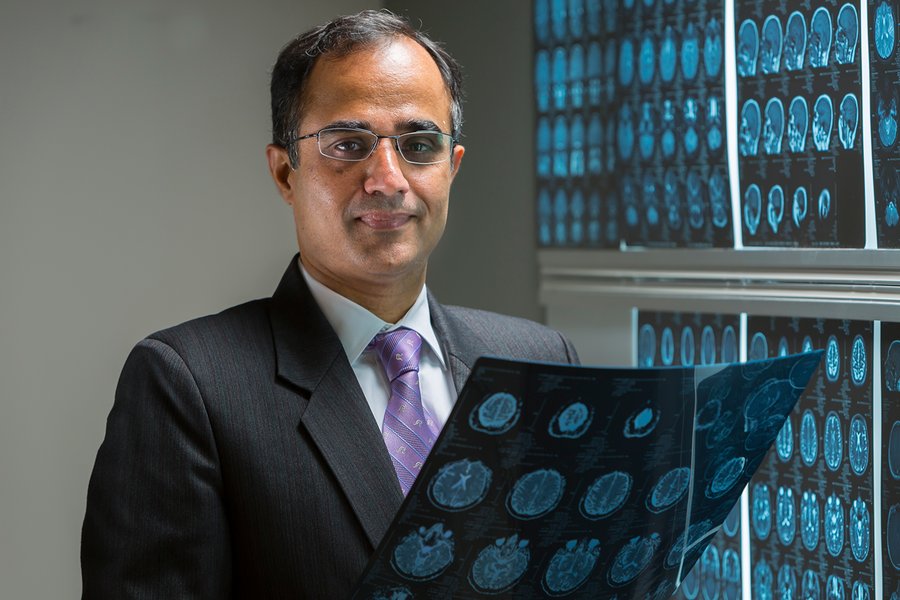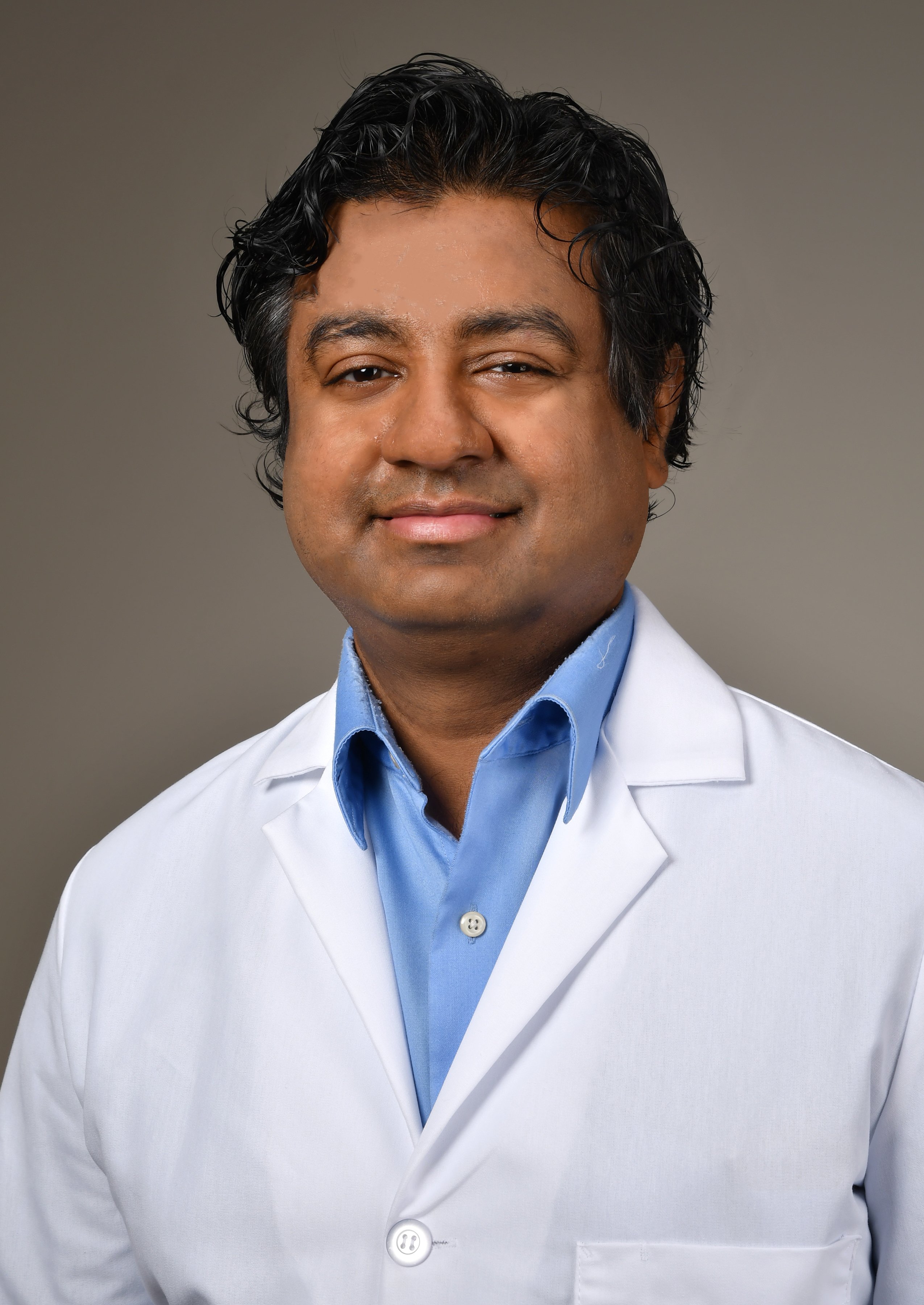Researchers awarded $15M in NIH BRAIN grants


Three grants totaling $15 million, which aim to enhance knowledge of the brain processes that play a key role in speech, epilepsy, and reading, have been awarded to researchers at McGovern Medical School by the National Institutes of Health Brain Research Through Advancing Neurotechnologies (BRAIN) Initiative.
Researchers leading the projects are Nitin Tandon, MD, professor and chair ad interim of the Vivian L. Smith Department of Neurosurgery; John Seymour, PhD, associate professor of neurosurgery; and Sandipan Pati, MD, associate professor in the Department of Neurology.
“These awards reflect our highly innovative neurosciences team that will ultimately use this funding opportunity to develop profound new insights into normal and deranged neural systems to improve clinical care,” said Tandon, who is also the co-director of the Texas Institute of Restorative Neurotechnologies (TIRN) and of UTHealth Houston Neurosciences.

A three-year, $4.9 million grant funds a project co-led by Seymour and Tandon to develop a minimally invasive device that enables ultra-scale recordings from the human brain, generating detailed brain maps that show how humans speak. They hope to then use this information to help reconstruct language patterns in patients with speech impairments caused by stroke or brain injury.
Once the researchers meet their predefined milestones over three years, they will receive a two-year grant of another $3 million to implant the devices in patients.
“This is a rare opportunity to translate a novel sensor array in humans, and we are excited to collect unprecedented brain activity during speech,” said Seymour, who is also a faculty member with The University of Texas MD Anderson Cancer Center UTHealth Houston Graduate School of Biomedical Sciences. “The first three years will provide the resources to collect preclinical data and also turn our technology into a clinical-grade device.”
A five-year, $5.7 million grant awarded to Pati and Tandon will use an innovative method, neuromodulation, as a way to disrupt seizures that begin in the hippocampus – a part of the brain that is critical for memory and other functions – as an alternative to surgery. Mayo Clinic will be a partner site for the research, with Greg Worrell, MD, PhD, chair in the Division of Clinical Neuropsychology, as a co-principal investigator.
The researchers are actively recruiting patients with epilepsy originating in the dominant hippocampus to participate in this clinical trial, called Preserving Memory in Epilepsy (PriME).
“The potential benefits of disrupting hippocampal seizures without surgery are significant, particularly for patients who may have a high risk of memory loss from surgical interventions,” Pati said. “This study has the potential to advance our understanding of neuromodulation and its potential use in the treatment of neurological disorders.”
The third project – a five-year, $4.4 million grant led by Tandon – will perform recordings from the brains of patients with electrodes placed to localize epilepsy in order to identify the specific roles and interactions of the brain areas involved in reading. He will use the data from these recordings to understand how humans read fluently and learn to read new words.
Tandon hopes the study will greatly enhance people’s understanding of dyslexia and that its findings will allow for the prevention of inadvertent injury that may impair reading abilities in patients undergoing neurosurgical operations.
“Approximately 15% of the population is dyslexic,” Tandon said. “Understanding how humans typically read will give us insight into how dyslexia occurs and what measures we could someday take to remediate this disability.”
Tandon is the Nancy, Clive and Pierce Runnels Distinguished Chair in Neuroscience of the Vivian L. Smith Center for Neurologic Research and the BCMS Distinguished Professor in Neurological Disorders and Neurosurgery with McGovern Medical School. Seymour and Pati are also members of TIRN.
The BRAIN Initiative aims to accelerate the development and application of innovative technologies, enabling researchers to share data in order to produce a revolutionary, new dynamic picture of the human brain that, for the first time, will show how individual cells and complex neural circuits interact in both time and space.